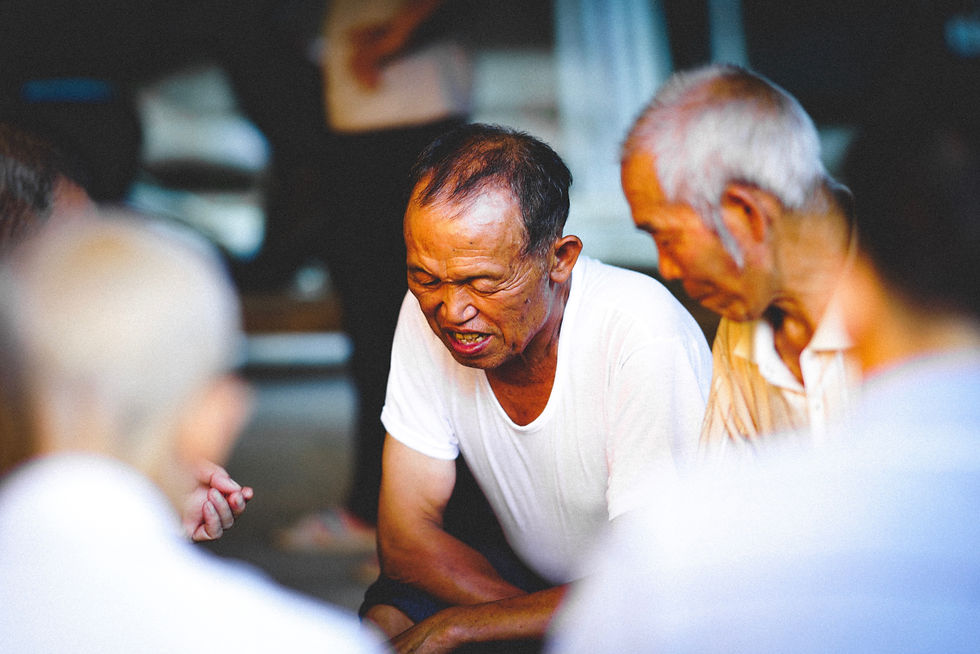Let's Parti through empowerment
@ AWWA

Completed by: Justyn Tan


What is this opportunity about?

Synopsis
We will be celebrating OT Day by promoting participation among the clients in our Dementia Day Care Centres. Our clients will be invited to teach our therapists and club facilitators occupations of their expertise and interest.
Analysis of opportunity
Participatory values that the opportunity promotes
-
Meaningful engagement/being a part of: Clients will be able to actively engage in their hobbies while being the co leaders of the main activity/highlight of the celebration.
-
Personal and societal responsibilities/Having an impact and supporting others: Clients will be able to impart their knowledge and skills to participants of the celebration instead of being service recipients.
-
Social connection, inclusion and membership: The activities will be conducted in a group setting, which would foster social connectedness between or amongst participants. The clients will experience a sense of pride and a renewed sense of identity as productive members of society, whose skills and experience are valued by the younger generation.
-
Access and opportunity: The activities would allow the club facilitators and the centre management to learn and experience new strategies for empowering our clients to take on the trainer roles, and to be treated as equal and “normal” members of society.
-
Choice and control: The clients will be given the autonomy to decide whether they would like to take on this role. Once they agree, they would have the freedom to decide and employ their own teaching methods for the participants.
Facilitators To Participation
-
Micro: Client’s interest, values, and personal experiences. Club facilitators and therapists supporting clients to express their interests and to demonstrate the skills for the training
-
Mesa: Centre manager and upper management are receptive and supportive of empowering clients as trainers
-
Macro: Increased societal awareness of people with dementia and their potential to participate with the appropriate support.
Barriers to Participation
-
Micro: Client’s unfamiliarity with the training role, as well as their cognitive capacities.
-
Mesa: Limited opportunities to go beyond the service recipient role. Club facilitator and family members could be “overprotective” of clients, e.g. concerns about fall risks, perceived sick roles
-
Macro: General discriminative stereotypes of persons with dementia held by the society, limited participation opportunities in the community.
Future Plans to Promote Participation
-
Integrate and sustain client-led training activities into the centres’ activity schedules.
-
Involve family members in future activities to change their mindsets regarding their loved ones’ capabilities.
-
Empower caregiver and clients to advocate for inclusion in community activities.
-
Work with community partners to create opportunities for clients to take on the role of a trainer or other productive roles to contribute back to society.
Follow Us!
STAY IN THE LOOP
@SAOTSG